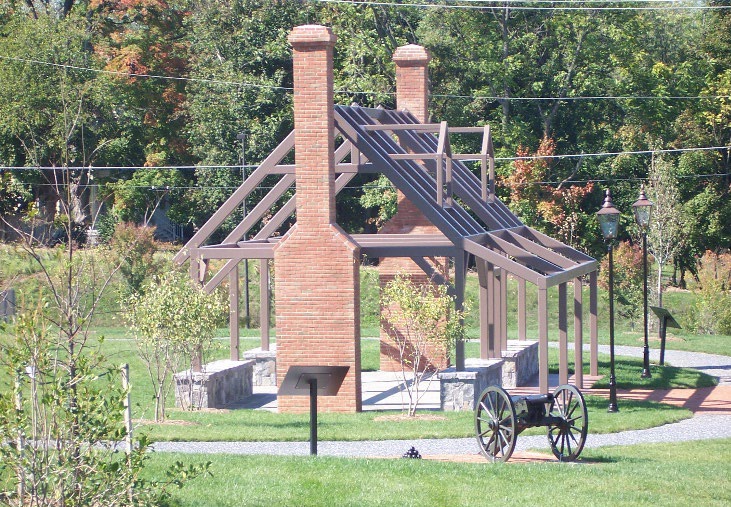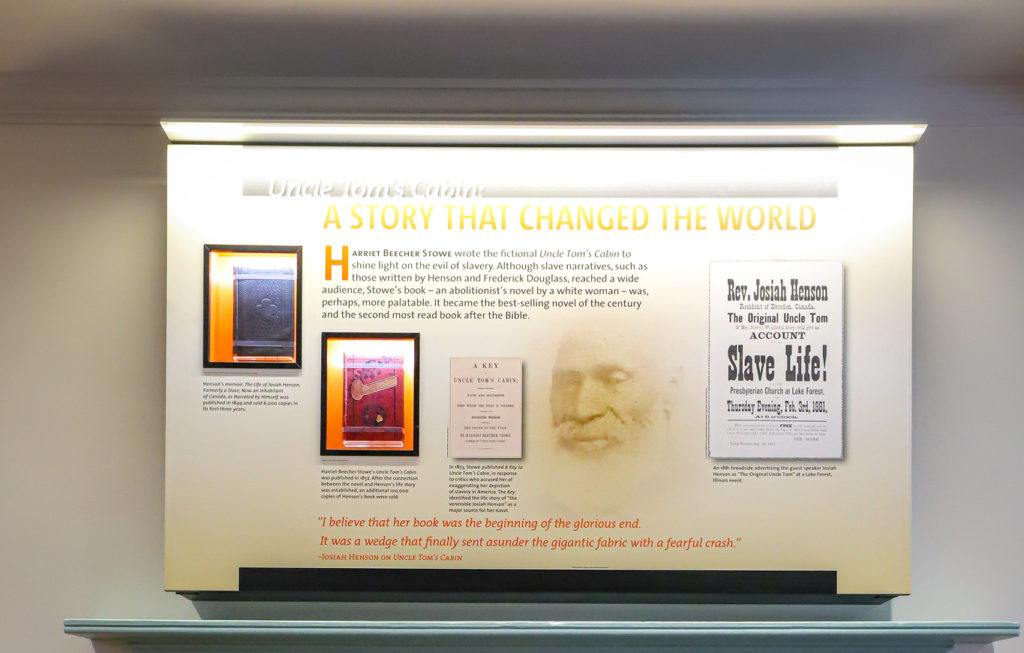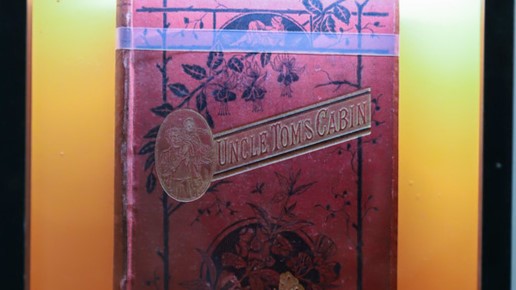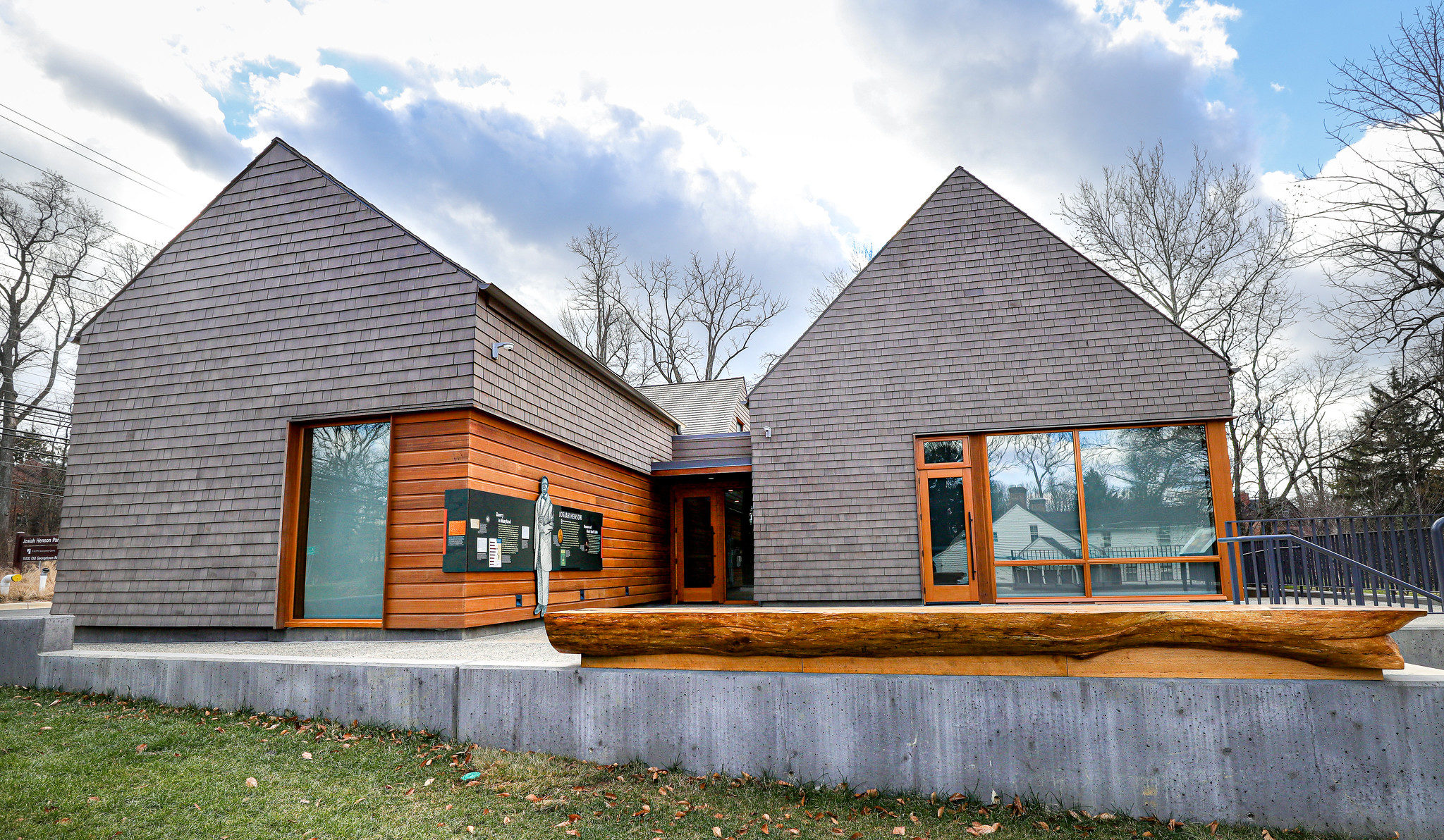Josiah Henson Museum & Park tells the story about the life and challenges of Reverend Josiah Henson, enslavement in Maryland, and the ongoing struggles of racial equality and justice. Be part of making this historic site an international cultural destination.
Our Goal
After more than 15 years in the making, the newly transformed museum and park quietly debuted in December 2020. Thanks to our dedicated community of donors, Montgomery Parks has a new public museum that honors the challenges and inspiring life of Reverend Josiah Henson; educates visitors about the enslavement of African Americans in Maryland; and promotes conversations around the ethical dilemmas of our time.
But our work is not done. There are many more outdoor features we still need to add to the park to better serve and educate visitors.

Additional Site Plan Features
Flexible outdoor amenities will not only extend the current learning space and allow more visitors to experience this special story, but will also allow for safe, year-round programming. These unique exterior features will add greater functionality while also maintaining the character of the historic site.
New features include:
- Ampitheater
- Archaeological Station and Storage Shed
- Ghost Structure at Overseer’s House
- Truck Patch

The Museum & Park Features
While exploring the site, visitors are engaged through interactive audio and visual presentations, captivating archaeological displays, and experience life on a 19th century plantation.
New features include:
- The construction of a new 2,900 SF visitor center
- The conversion of the historic Riley/Bolten House into a public museum
- The installation of indoor and outdoor exhibits that educate and interpret African American History in Montgomery County
- 80-person multipurpose theater featuring the 12-minute orientation film, My Name is Josiah Henson
Transforming a Nationally Significant Historic Site
The Josiah Henson Museum & Park is the only site with a standing public structure remaining in the nation with a direct association to Reverend Josiah Henson’s remarkable life. Montgomery Parks is fortunate to own the Riley/Bolton property, preserving part of the former plantation of Isaac Riley, where Reverend Henson was enslaved from 1795-1830. Montgomery Parks is the first public agency in the nation committed to recognizing Reverend Henson in his native land.

Telling Henson’s Story
The story of Reverend Josiah Henson, a man enslaved from 1795 to 1830, is one of character, integrity, honesty, and courage. These values were forged during his years as an enslaved youth, by his mother, and through his discovery of the church community.
As he grew into adulthood, increasingly trusted with responsibility for other enslaved people, perseverance, difficult choices and survival characterized his daily journey. After experiencing heartbreaking disappointments and unthinkable abuse, his actions grew determined and redemptive.
Henson eventually escaped to Canada in 1830, where he established a fugitive slave community called Dawn Settlement and became a minister, speaker and writer. He returned to the United States several times between 1831 and 1865 as a conductor on the Underground Railroad.

The Inspiration Behind Uncle Tom’s Cabin
Reverend Josiah Henson, whose 1849 autobiography, The Life of Josiah Henson, Formerly a Slave, Now an Inhabitant of Canada, as Narrated by Himself, inspired Harriet Beecher Stowe’s landmark novel, Uncle Tom’s Cabin.
The impact of Stowe’s novel, Uncle Tom’s Cabin, should not be underestimated. Published in 1852, it broke all sales records of the time and sold over half a million copies by 1857. It inspired and enflamed the abolitionist movement in the mid-19th century and many believe it helped to propel the American Civil War.
